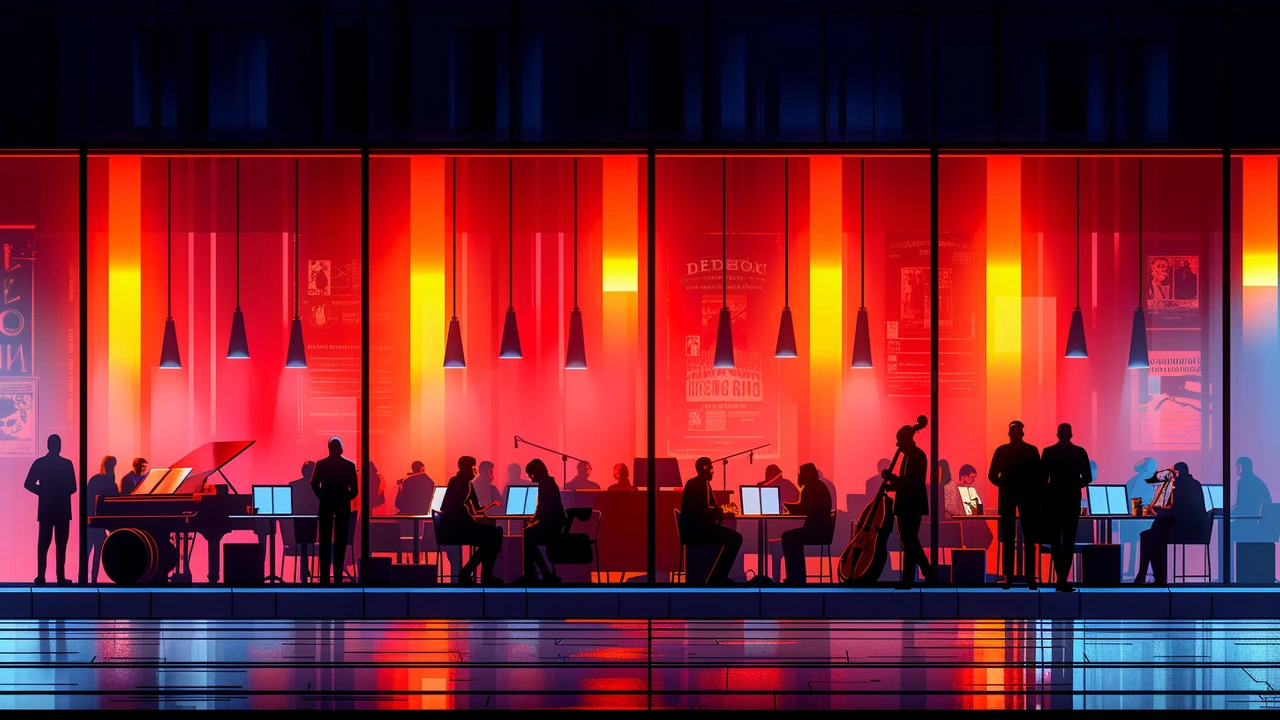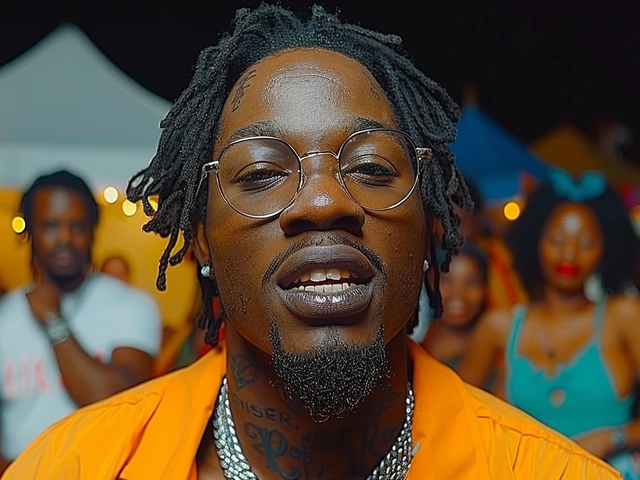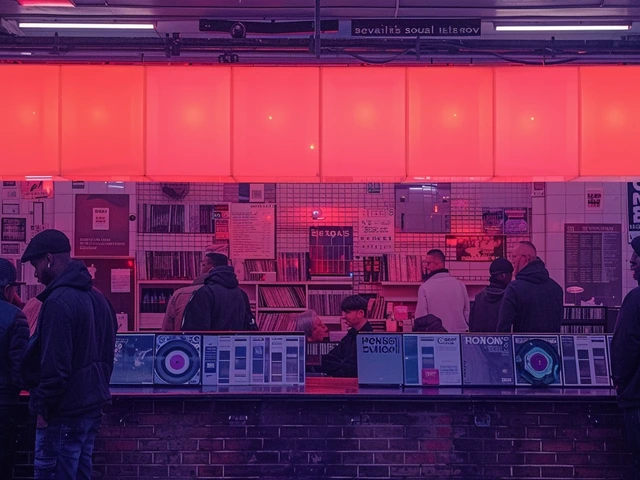A Symphony in Diversity: Jazz and Racial Harmony
Here's a thing about jazz - it's a lot like a pot of gumbo. It's an amalgam of different ingredients, each lending its unique flavor, and together creating an ensemble that's pure ecstasy. The same goes for the jazz scene. A diversity of cultures, styles, and backgrounds blend together, producing a sound that transcends more than just dimensions of music—it transcends race. When jazz came into being in the early 20th century during a time of racial tension, it symbolized a euphonic revolt against the society’s prevailing discriminations. Through its musical notes, it sought to create a rhythm of equal harmony where the color of skin was insignificant compared to the music that flowed from one's soul.
A Swing Towards Inclusion: Jazz and Its Origins
The story of jazz is intertwined with the African-American experience. Born in the vibrant city of New Orleans, jazz was birthed from African traditions and shaped by the harsh realities of slavery and segregation. Its genesis was the spirituals, blues, and work chants of the African-American community, which served as a kind of oral history detailing their struggles and resilience. As jazz began its swing, it engulfed other influences—ragtime, folk, classical, and more—creating a multi-genre orchestra that was inviting, regardless of one's race. Imagine this attractive blend of sounds, in a time where racial cohesion was the elephant in the room. It started to shake things up, pushing the boundaries that society had fabricated.
The Syncopation of Equal Partnership
It wasn't just the music that challenged racial barriers, but also the musicians themselves. This was a cultural landscape where African-American musicians such as Louis Armstrong, Count Basie, and Duke Ellington emerged as influential figures. They played alongside white musicians like Benny Goodman and Artie Shaw, breaking racial barriers on stage at a time when society was rigidly segregated. They weren’t just swinging their instruments; they were swinging towards a more egalitarian society. Pongo, my tabby cat, probably has no idea who these musicians are, but he sure does enjoy their music during our late-night jazz sessions.
Melody of Protest: Speaking Against the Unjust
Like any potent art form, jazz also embodied the spirit of protest. It was not just music; it was the musical voice against the racial disposition of society. Musicians like Billie Holiday and Nina Simone didn't just perform; they bared their souls removing the curtained realities of racial disparity. Holiday's song 'Strange Fruit' exposed the harsh truth about racial violence, and Simone's 'Mississippi Goddam' was a glaring protest against racism. They didn't just play music; they played the harsh notes of their lived experiences, giving a sound to the otherwise voiceless.
Jazz: A Beat Against Discrimination
Fast-forward to 2023, where we live in a world heavily influenced by jazz, both in music and in ideology. The 'jazz attitude' of inclusivity and impromptu creativity continuously inspires musicians and listeners alike. Jazz festivals, sessions, and concerts around the world stand as prime examples of unity in diversity. Here in Perth, where I reside, the Perth International Jazz Festival is a massive platform where musicians of diverse backgrounds harmonize, truly representing the spirit of jazz.
Solo into the Future: Jazz Influence Continues
The legendary jazz pianist Thelonious Monk once said, "Jazz is freedom." And that's exactly what it symbolizes—a freedom from racial bias, a liberty to express, and an emancipation of souls. Even as we have moved much forward from the racial disparities of the early 20th century, the power of jazz music in breaking racial barriers still holds true. It’s a legacy that continues on, reminding us of our history, celebrating our progress, and inspiring inclusivity for the future.
On a personal note, every time I play a jazz vinyl and watch Pongo swaying to the rhythm, I am reminded of the power of this genre. Not just the power to sway my feline friend, but the power to sway minds, to blur artificial boundaries, and to celebrate unity in diversity.




Write a comment